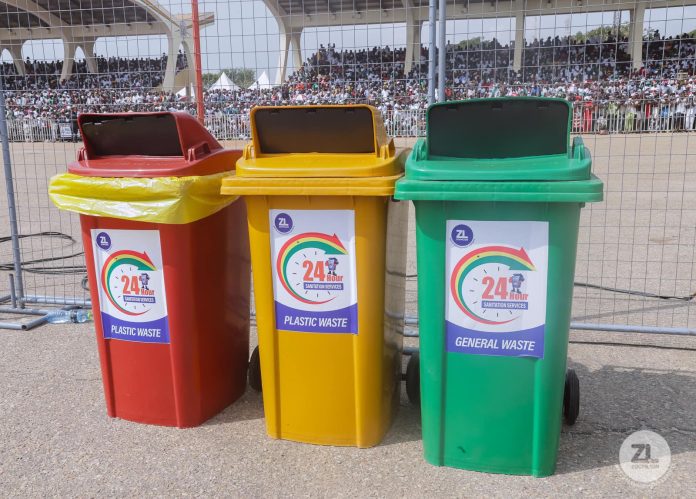There was a time — not too long ago — when Ghana’s urban centers were drowning in their own waste. Open drains choked with filth, rivers reeked of untreated effluent, and every heavy rain came with the threat of cholera.
Children carried refuse to unmanaged dumpsites, barefoot and unaware of the danger. Sanitation workers were mocked, underpaid, and invisible in the eyes of society. But change did come. And that change had a name: Zoomlion Ghana limited
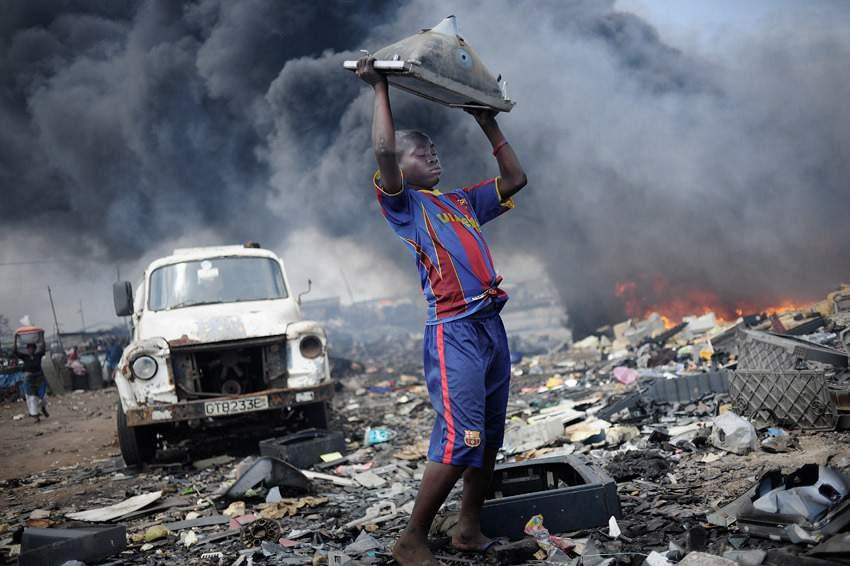
With little fanfare but enormous resolve, Jospong Group with its subsidiary Zoomlion, took on the challenge that others wouldn’t. Over the past two decades, it has single-handedly led the transformation of Ghana’s sanitation landscape. From Accra to Tamale, Takoradi to Kumasi, 36 waste treatment plants now stand as quiet testaments to what focused investment and unwavering commitment can achieve.
These include faecal sludge treatment plants, material recovery facilities, composting centers, and modern landfill sites — infrastructure that didn’t exist at this scale or sophistication before Jospong entered the scene.
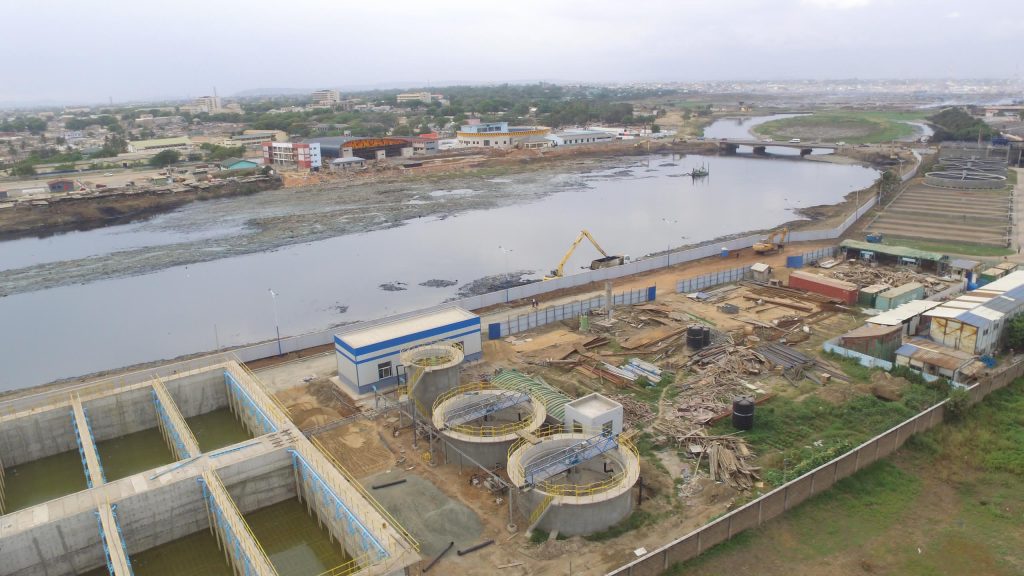
This wasn’t just about infrastructure.
It was about restoring dignity to sanitation work, previously seen as a last resort. Through innovations like tricycles for last-mile collection, thousands of young people across the country have been empowered to become sanitation entrepreneurs.
What was once dirty work is now a source of pride, income, and identity. Over 200,000 direct and indirect jobs have been created across the sanitation value chain — not just sweepers and drivers, but engineers, lab technicians, plant operators, and logistics professionals.
Yet, despite this unparalleled impact, Jospong finds itself at the center of public frustration.
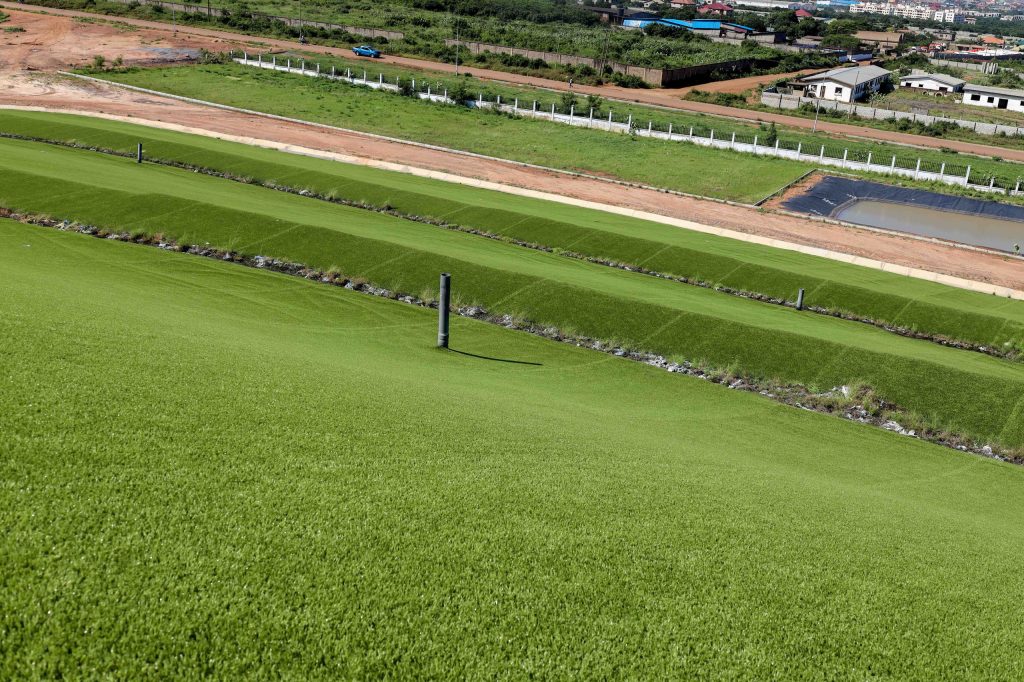
To some Ghanaians, in recent times Zoomlion is seen as the face of poor waste collection — but few realize that the company is owed over GHS 1.6 billion by the government, a debt that has accumulated over two years. This enormous unpaid bill has crippled operations, stalled logistics, and delayed wages for thousands of sanitation workers. Trucks sit idle, fuel runs out, and services suffer — not from incompetence, but from insolvency caused by unpaid dues.
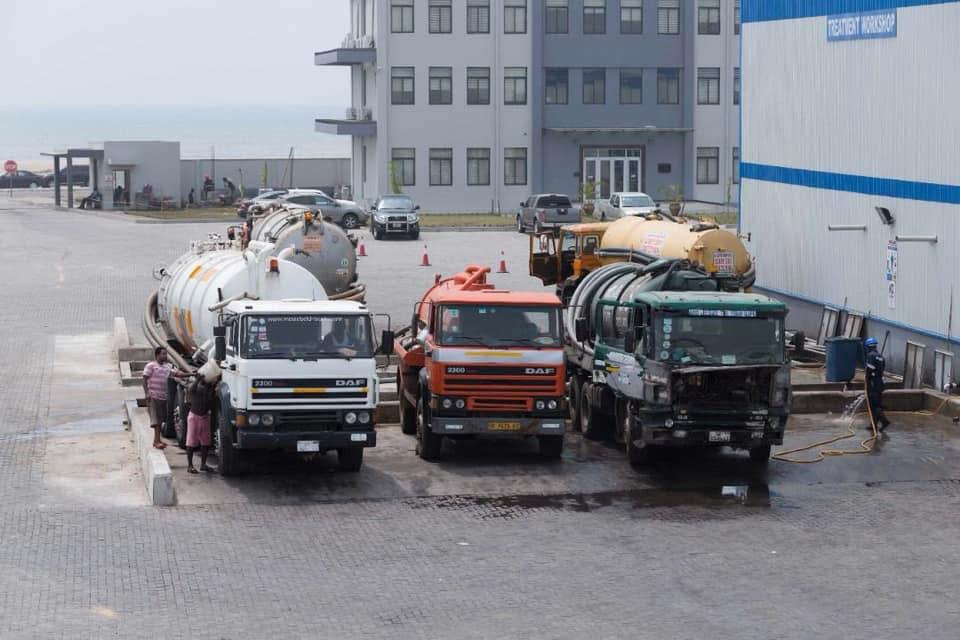
Meanwhile, Jospong has taken enormous risks by continuing to invest in infrastructure through loans — a bold move in a high-risk economic environment where interest rates soar and government payments delay. The Group has been forced to stretch itself thin, balancing its vision for a cleaner Ghana with the realities of financial pressure and public misunderstanding.
Is it fair, then, to label the company a villain?
This is the organization that turned sanitation into a national employment engine, that gave Ghana its first-ever structured waste treatment ecosystem, that helped stem cholera outbreaks and restored safety to water bodies once used as open sewers. No other company on the continent has constructed as many treatment plants in such a short span of time. No other private actor has stepped up when public systems failed.
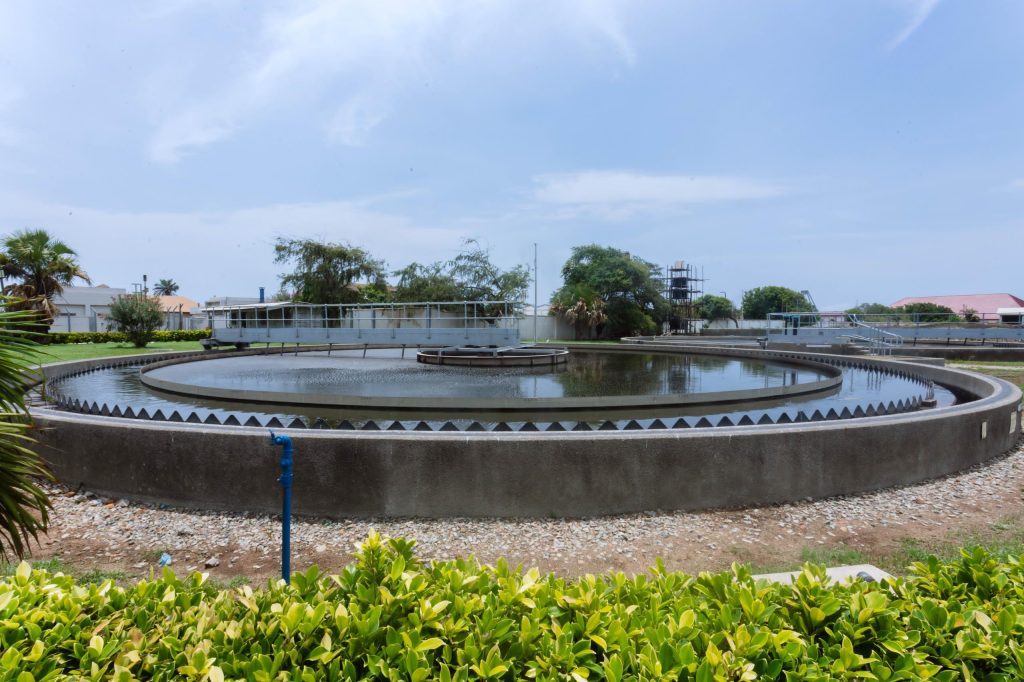
The question must then be asked — what would Ghana’s sanitation landscape look like today without Jospong? Certainly not what it is now. Communities that once bore the burden of indiscriminate dumping now boast modern treatment facilities that safeguard public health and protect the environment. In many areas, waste is no longer a hazard but a resource — turned into compost to boost agriculture, recycled into materials, or treated safely to prevent disease.
Yes, the system still faces challenges. Waste collection remains uneven in some areas, and the financial model underpinning it is clearly unsustainable without regular government support. But to place the blame solely on the company that has done more than any other to fix the problem is to ignore the bigger picture — a picture painted in both achievement and adversity. Jospong Group may not perfect. No company undertaking such a massive social task in a low-income country could be.
But villain? No.
If anything, Jospong is the unsung hero of Ghana’s sanitation revolution — underappreciated, overburdened, and yet still standing. Still fighting. Still serving. It’s time Ghanaians remembered the journey — from dumpsites to dignity — and acknowledged the group that made it possible.
Ghana|Atinkaonline.com
























